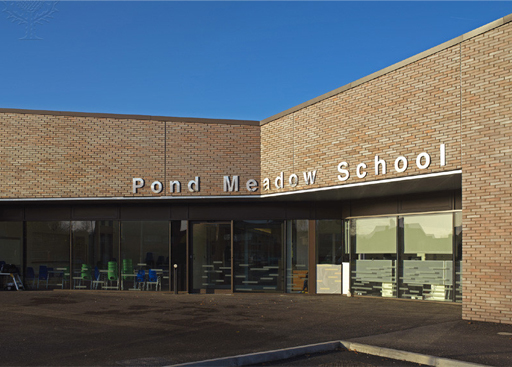2 The role of special education
Before the passing of the Education (Handicapped Children) Act 1970, thousands of children with learning disabilities were being educated in special schools. Many of these schools had been set up by parents, desperate to ensure that their children could access education that would not otherwise be provided by the state (Rolph, 2005). As you saw in Activity 2, a high number of children with special educational needs continue to be taught in segregated settings – in fact, the numbers are rising.

Activity _unit5.2.1 Activity 3 Reasons to choose special education
Can you think of a reason why a parent might continue to opt for a special school for their son or daughter?
Answer
Clare Palmer, mother of Elinor, who you met in Sessions 1 and 2, said: ‘As a parent of a child with profound learning disabilities, without words, needing total personal care, without the motor skills to hold a pen, without the understanding of what a pen is, what I most wanted was a good special school.’
Parents are often persuaded that special schools will provide an education more tailored to their child’s needs, in an environment that will be more nurturing. Some parents have concerns that their children may find it more difficult to develop friendships in mainstream school and that they may be subjected to greater levels of bullying. Cuts to school budgets have also created a climate in which fewer mainstream local schools appear to be equipped to effectively support disabled students. For all of these reasons – and others – many parents continue to seek places for their children in special schools.
The movement to inclusive education for children and young people with learning disabilities has been controversial. While most people acknowledge the right to an inclusive education for children with learning disabilities, there is a lot of debate about how well it works in practice. Even Baroness Warnock, whose 1978 report was instrumental in the shift towards inclusive education, later expressed concerns about the isolation, marginalisation, unhappiness, bullying and disaffection experienced by children and young people with learning disabilities in mainstream settings.
